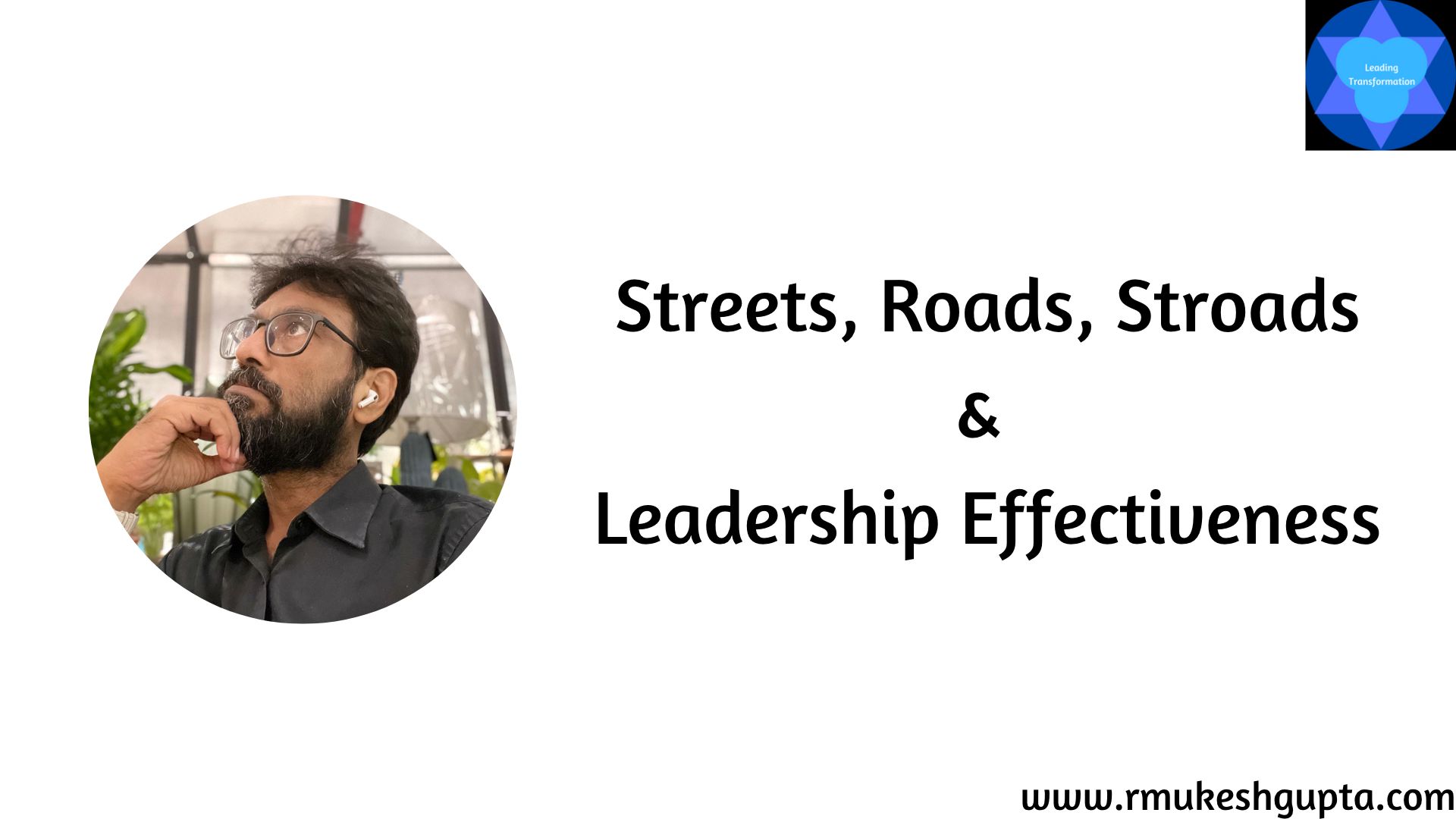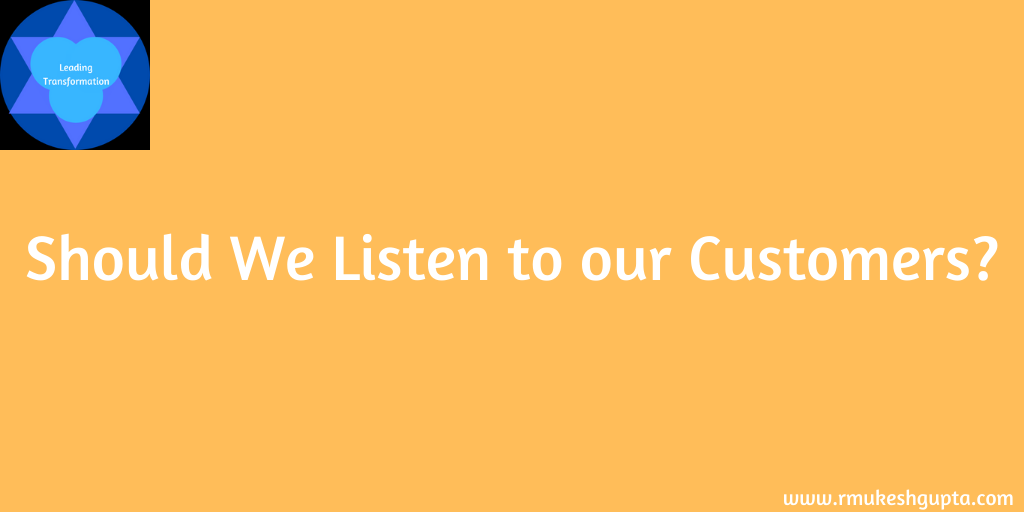In the good old days, if we had to contact our bank or for that matter any business, we used to reach out to our phones and give them a call.
The call would then be routed to a call center (usually, after about 10-15 minutes of listening to some music that would be played while we waited for an agent to get free and take our call).
This, of course would be after having had to find our way through the maze of options (which used to be so complicated that it required us to be entirely focused on the options, blacking out everything else in life).
Then the times changed. Emails got ubiquitous and we could write an email to contact with the business. However, we still used the phone as the primary means for contacting someone at the business who could help us solve whatever it was that we were trying to solve.
The businesses still continued to invest in the contact center (some continued to have this in-house, while most of them out-sourced this to some organization in India or Phillipines or wherever they could get the lowest cost labor).
Then the times changed again! The social media revolution started and we got Facebook, twitter and all the other social media tools. The marketing teams in all these businesses wanted to ride on this wave and created twitter handles for their organizations.
This was an important moment!
People now could tweet their complaints to these businesses directly and openly! Most important aspect was that this was out in the open which could potentially damage the reputation of the business. So, businesses would be forced to respond to ensure that the complaint doesn’t get out of hand.
This indicates a definite shift of customer behavior. Now, whenever, I have a complaint or want to contact a business, the first thing to do is to check if they have a twitter handle. If they do, then tweet my question or complaint to them directly instead of going through their call center.
This indicates that businesses are now required to monitor both the social media channels (twitter, Facebook, etc) and also maintain their call centers (for their customers who still would like to talk to someone who don’t have a social profile yet and would hence like to talk to someone at the business.
Now, there is a choice for the business:
– Continue with the status quo and manage both the social and the call center channel
– Re-look at the contact strategy
While most of the businesses so far have been taking the 1st option, more and more businesses are now looking at the 2nd option.
Some options that businesses have if they decide to re-look at their customer contact strategy are:
– Make the social channels the main channel for all customer contact and use the call center as the secondary channel (primarily used to escalate). There are some distinct advantages that this strategy offers:
- Improved customer service :
- You are now forced to have an exceptional service (as the reputation of your business is at stake, and in the open), which in the long term will help the business.
- When other customers see that you are providing a great service, this improves the brand value of your business and creates a positive spiral.
- Reduced cost:
- You could use technology solutions for monitoring and responding the queries on social media.
- You could re-deploy some of the call center agents in more productive roles and reduce the overall cost of managing the service team.
- Improved brand equity:
- By making the social channels as the primary channel for contact with customers, you are now enabling or ensuring that your customers connect with you on these social channels. This will enable you to identify your customers, their influencers. You can now participate and engage them in productive dialogues.
- This will also make your social foray sticky in your customers minds.
- Opportunity to re-design the way you do business:
- There has been a lot of talk about social businesses and how social channels have now provided an opportunity for businesses to re-design their work culture. Businesses can now become more agile and nimble on their foot to enable them to adjust to the changes in their environment.
- This probably could have the biggest impact on both the topline and bottom-line of your business.
– Completely do away with the customer call centers.
- The only medium for customer support then becomes the social channels and email (if you still want some cushion).
- Businesses can have immense cost savings (due to moving away from call center operations and at the same time increase the engagement across the social channels.
- Having a separate channel for service and brand on the social channels can increase both stickiness and brand transparency.
- There is an element of risk involved here. If you don’t get this right the first time, every time, there lies an opportunity for a PR disaster. However, if done well, there is also the upside of tremendous positive word-of-mouth, which in my opinion is a big enough upside to take the plunge.
Though this approach has a lot of advantages if done well, it also has the potential for a PR disaster if not handled well. We have already seen many such social media provoked disasters (McDonald’s #McDStories, FedX story, etc).
So, it really is a difficult thing to manage. However, it is always such difficult things that when done well, set you apart from your competitors.
Do you think that businesses should adopt this strategy of completely moving away from the call centers?
Do let us your thoughts by sharing them as comments here..
PS: Some interesting point-of-views that I have come across on this topics are as below:
- The Psychology of people using Twitter as a customer service channel
- The power of social customer service by David Howell.
- Delta airlines show that a separate customer service handle on Twitter can improve response time
- How FedEx turned a disaster into a PR win
- Are Twitter and Facebook changing the way we complain?
- SAP’s primary support channel on Twitter
- Bank of America showcase their Twitter customer service by following up on complaints.




One thought on “Future of customer service in a social world”
Comments are closed.